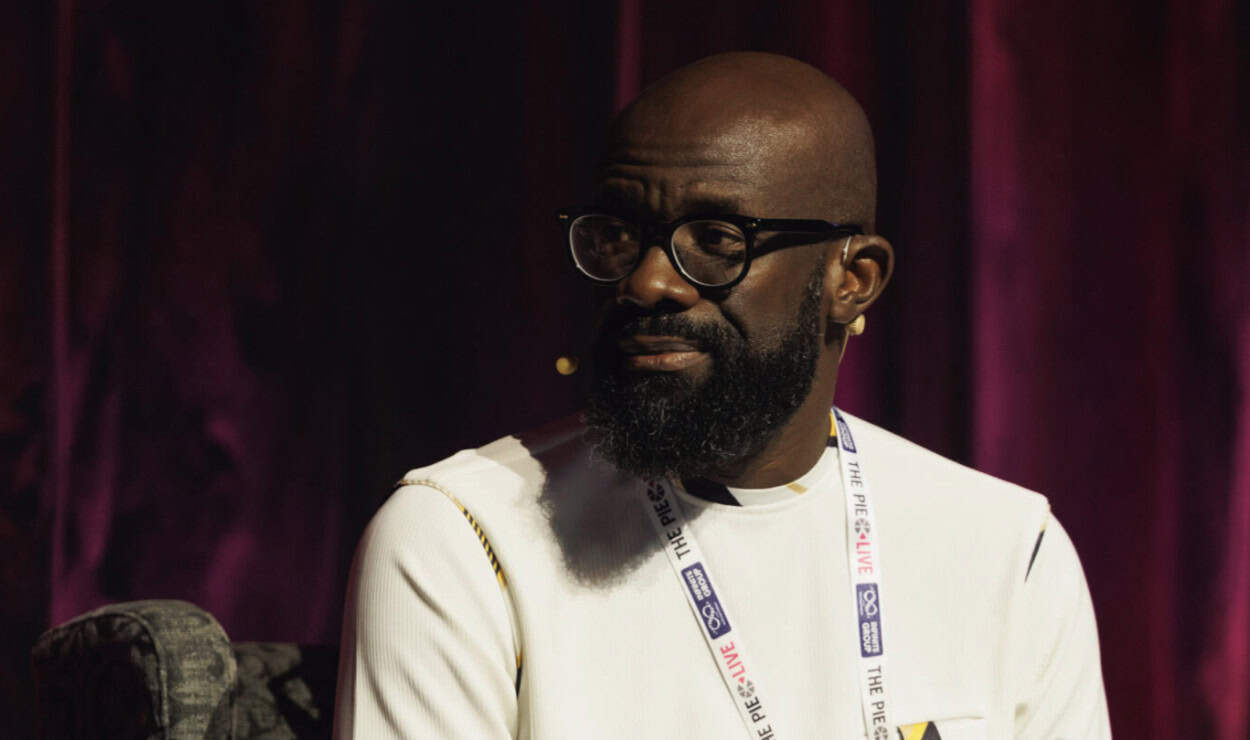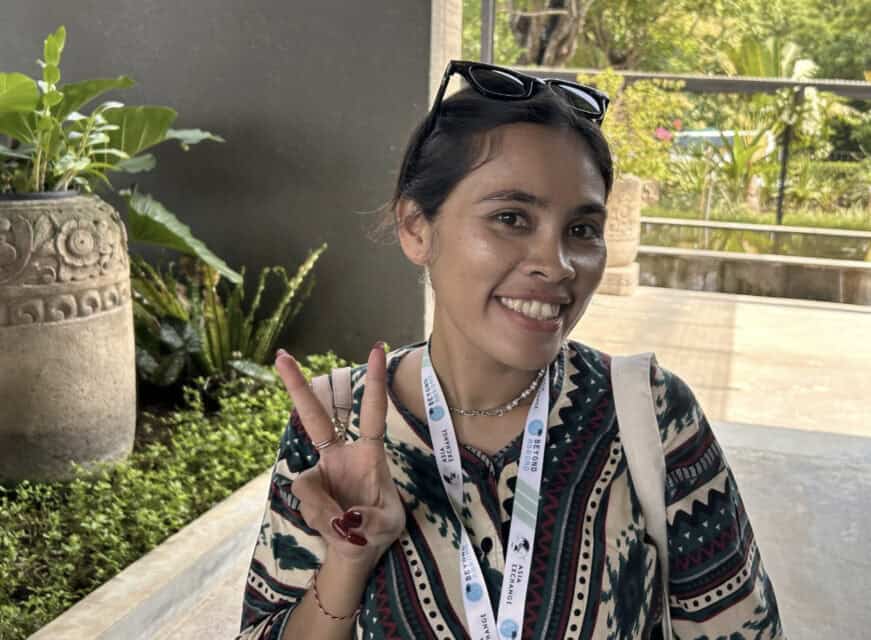Introduce yourself in three words or phrases.
Industrious, commercially driven and collaborative.
What do you like most about your job?
I get a great sense of pleasure from making a positive difference in students’ lives and assisting them in realising their academic goals and assuming new roles and responsibilities. Personally, I have enjoyed the chance to collaborate with amazing individuals from different nations who all contribute positively to the educational experience.
If you had a magic wand, what would you change?
Restore the dependant visa for postgraduate students heading to the UK for further studies, as it will very likely make it more difficult for UK universities to attract international students.
What are your top 5 priorities?
My five priorities… Good health; professional development opportunities; diversity; family and relationships; and giving back.
What was your first job in international education?
I started out as an international officer at a London-based college. Nonetheless, I believe that my enthusiasm for this area was sparked while I was a Winchester University international student. I assisted in referring multiple students to join me even though I was an international student.
What keeps you awake at night?
Preparing for a viva submission – the oral presentation of a PhD thesis. Leading to the viva submission, I was a bit stressed, while actually I went from being a complete and total wreck for six days to absolute calm for the last 24 hours before the viva. I was expecting the visa to be, as many friends put it, “not enjoyable, but ‘fine’”, while actually I had a brilliant time. Not all vivas are as nice, and unfortunately, several factors for a successful viva are probably out of the student’s hands (i.e. difficulties with supervisors throughout a PhD, communication breakdowns etc). However, for myself it went quite well.
Proudest career moment?
Receiving a vice presidential appreciation letter from the office of the former Vice President of Nigeria, His Excellency Atiku Abubakar. In 2020/21, I was successful and instrumental in enrolling the former VP of Nigeria to enrol in a full-time, fee-paying programme at Anglia Ruskin.
Best work trip?
My visit to Mauritius. This amazing island nation, surrounded by the sparkling Indian Ocean, is well-known for having some of the most captivating beaches on the planet. In addition, Mauritius is endowed with a wealth of adventure, vibrant culture, breathtaking natural beauty, and amazing wildlife.
What’s the most rewarding part of working with international students?
I get a great sense of fulfilment from making a positive difference in students’ lives.
Biggest challenge to your profession?
Dealing with credibility issues with super high-risk markets is probably the biggest challenge I face on a daily basis in my job.
Best conference and why?
The PIE Live Australia in 2023. I loved the sessions; it was by far the most informative conference that I have attended. I gained a lot of insight that I can use right away at my home institution.
Worst conference food/beverage experience?
I’m not really sure I’ve had a worst, or even best, one yet!
In 2020/21, I was successful and instrumental in enrolling the former VP of Nigeria to enrol in a full-time, fee-paying programme at Anglia Ruskin
If you could learn any language instantly, which one would it be, and why?
I think I’d go with Spanish. Knowing Spanish also exposes English speakers to a whole new world of culture. The Spanish language additionally helps English natives learn more about some of the best in Spanish and Latin American cuisine.
What’s the most important skill for someone working in international education to possess?
Diversity. International education professionals interact with students, parents, educators, and institutions from various cultural backgrounds. Cultural competence allows them to understand and respect diverse perspectives, values, and traditions, which is critical for effective communication and relationship-building.
Book or podcast recommendation for others in the sector?
The Blame Game in International Student Recruitment podcast episode, featuring Josh Schachnow and Earl Blaney.










